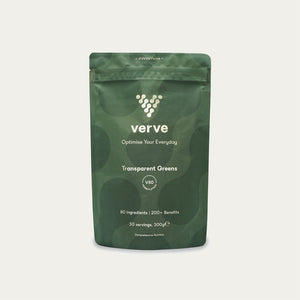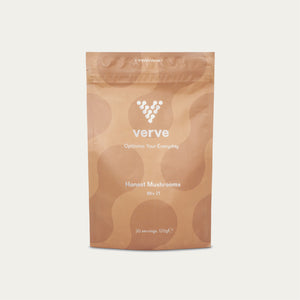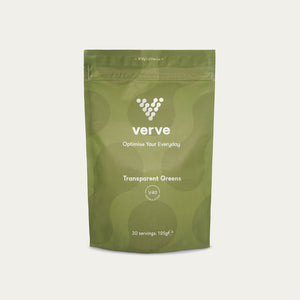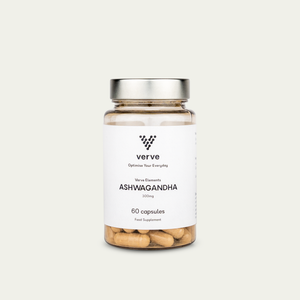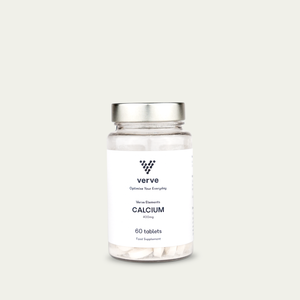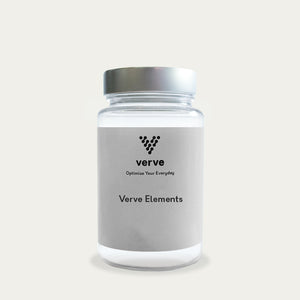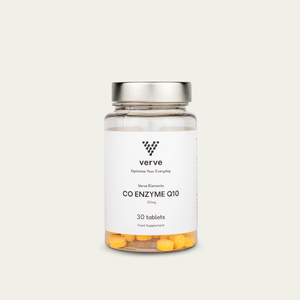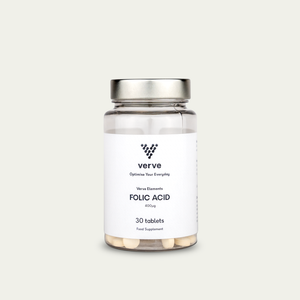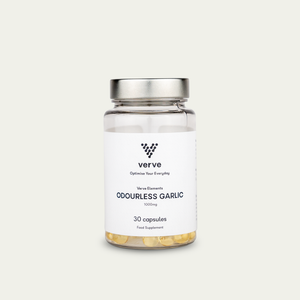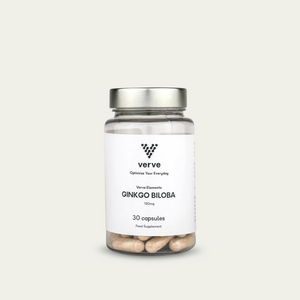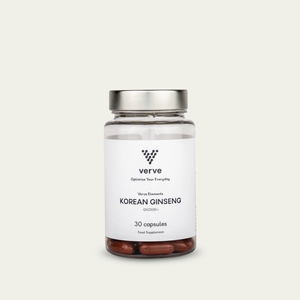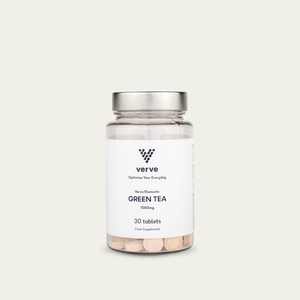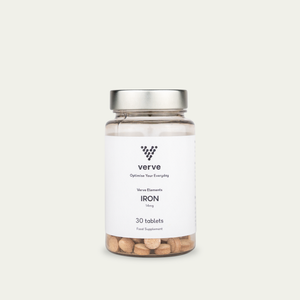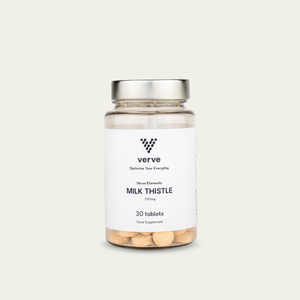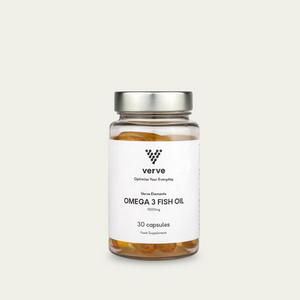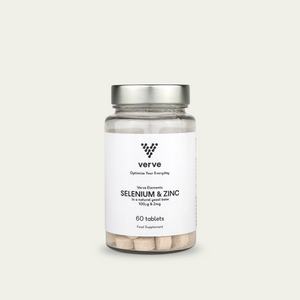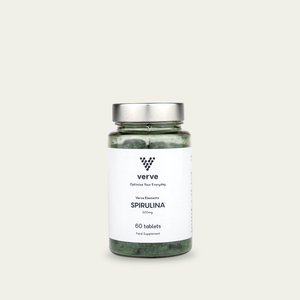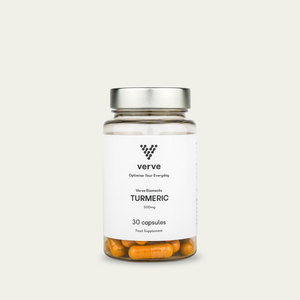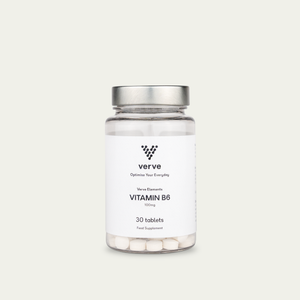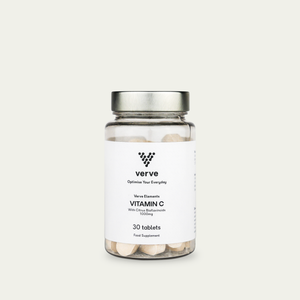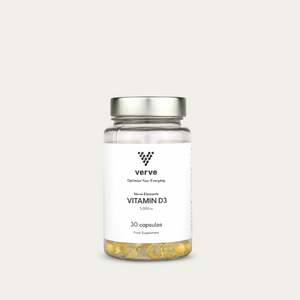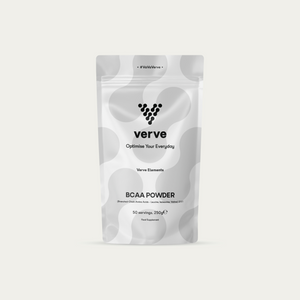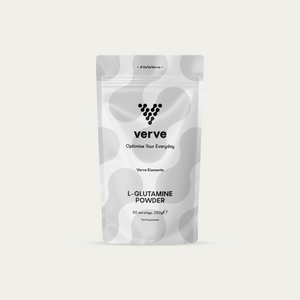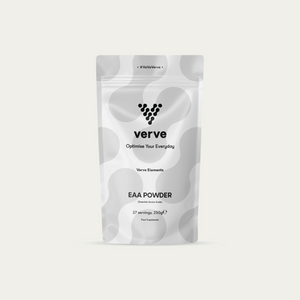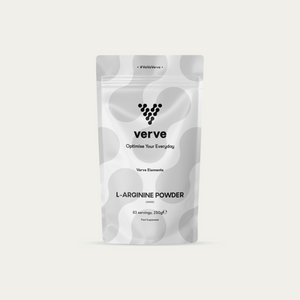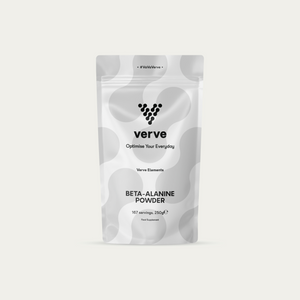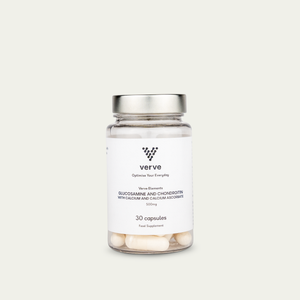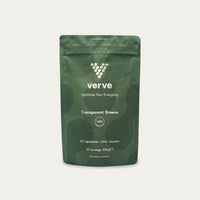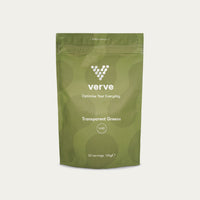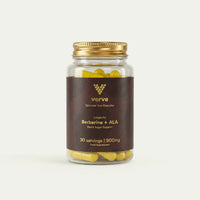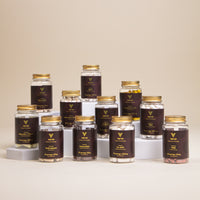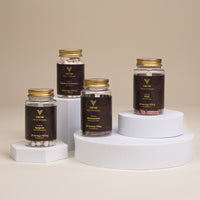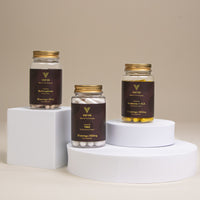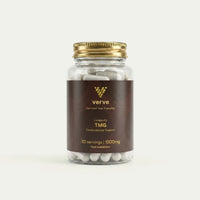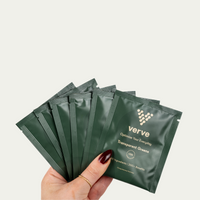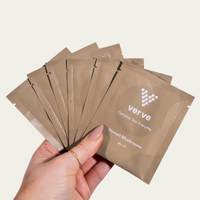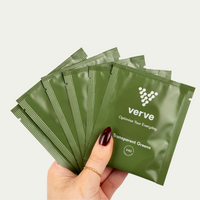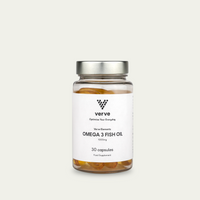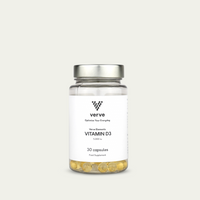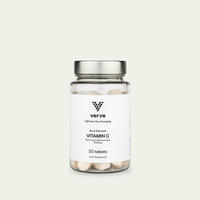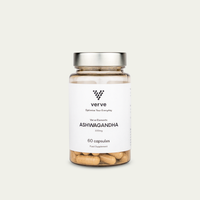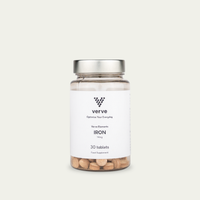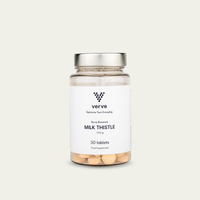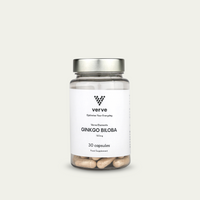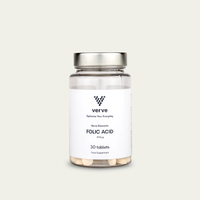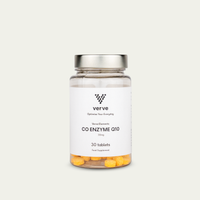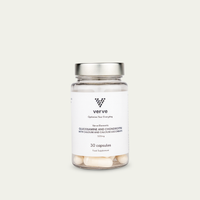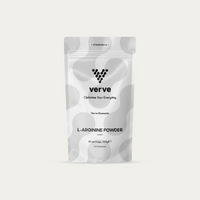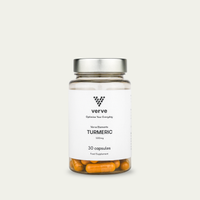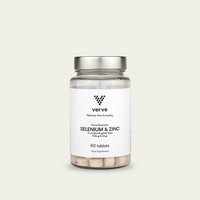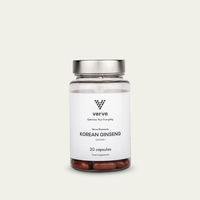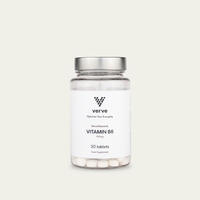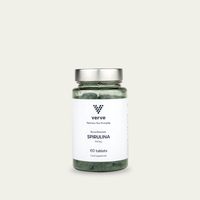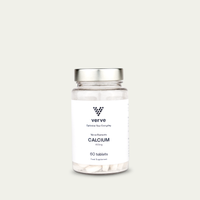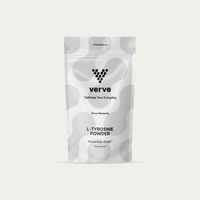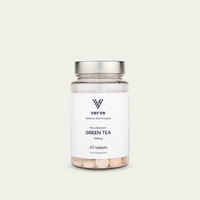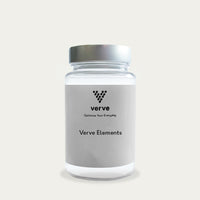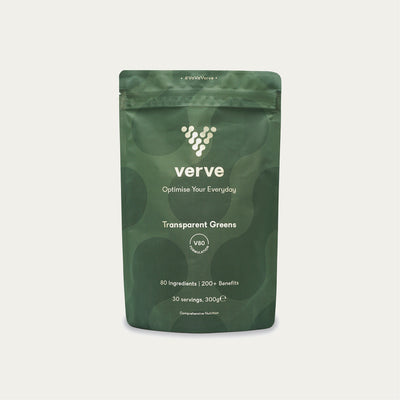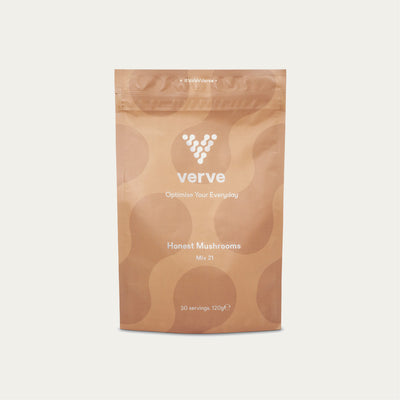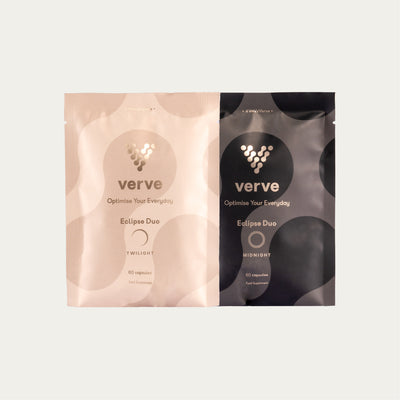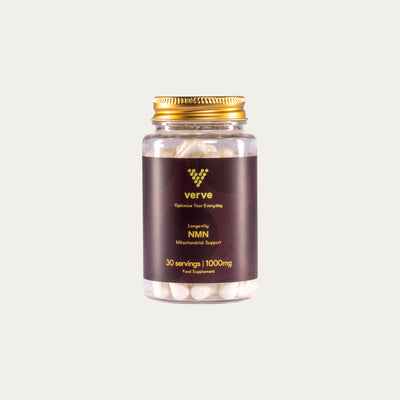Antioxidant Powerhouse
One of the most well-known benefits of polyphenols is their role as antioxidants. Antioxidants are molecules that neutralise free radicals — unstable molecules that can cause oxidative stress, leading to cellular damage and contributing to chronic diseases such as heart disease, cancer, and neurodegenerative disorders. By scavenging free radicals, polyphenols help protect cells and tissues from damage, reducing the risk of chronic diseases and promoting longevity.
Immune Health: Strengthening the Body’s Defence System
A robust immune system is essential for defending the body against infections, inflammation, and other health challenges. Polyphenols have been shown to modulate the immune response, enhancing the body’s ability to fight off pathogens while reducing excessive inflammation, which can be detrimental to health.
Enhancing Immune Function
Certain polyphenols, such as quercetin, found in apples, onions, and tea, have been shown to possess antiviral, antibacterial, and anti-inflammatory properties. These compounds can inhibit the replication of viruses, reduce the production of pro-inflammatory cytokines, and enhance the activity of immune cells such as T-cells and macrophages. This makes polyphenols particularly valuable in supporting the immune system during times of stress or infection.
Reducing Chronic Inflammation
Chronic inflammation is a key driver of many diseases, including heart disease, diabetes, and cancer. Polyphenols, especially those found in green tea (catechins) and turmeric (curcumin), have powerful anti-inflammatory effects. They work by inhibiting the production of
inflammatory molecules like prostaglandins and cytokines, thereby reducing chronic inflammation and lowering the risk of disease.
Digestive Health: Nurturing the Gut Microbiome
The health of our digestive system is intricately linked to overall well-being, and polyphenols play a significant role in maintaining a healthy gut. The gut microbiome, a complex community of microorganisms residing in the intestines, is crucial for digestion, nutrient
absorption, and immune function. Polyphenols interact with the gut microbiota, promoting a healthy balance of beneficial bacteria while inhibiting the growth of harmful microbes.
Prebiotic Effects
Polyphenols act as prebiotics, substances that feed and support the growth of beneficial gut bacteria. For example, the polyphenols in foods like berries, apples, and tea are metabolised by gut bacteria into bioactive compounds that exert positive effects on the gut environment. These compounds can increase the abundance of beneficial bacteria such as Bifidobacteria and Lactobacilli, which are known to support digestive health, boost immune function, and even influence mood and cognitive function.
Protecting the Gut Lining
In addition to their prebiotic effects, polyphenols can protect the integrity of the gut lining, reducing the risk of leaky gut syndrome—a condition where the intestinal barrier becomes permeable, allowing harmful substances to enter the bloodstream. Polyphenols like those
found in green tea (resveratrol) have been shown to strengthen the gut barrier, reduce inflammation in the gut, and promote the healing of the intestinal lining.
Increased Energy: Fuelling the Body and Mind
In today’s fast-paced world, maintaining high energy levels is crucial for productivity and overall well-being. Polyphenols can play a role in boosting energy levels by enhancing mitochondrial function, improving blood flow, and reducing oxidative stress, all of which contribute to increased physical and mental energy.
Mitochondrial Support
Mitochondria are the powerhouses of our cells, responsible for producing the energy currency known as ATP (adenosine triphosphate). Polyphenols, particularly those found in dark chocolate (flavanols) and blueberries (anthocyanins), have been shown to enhance mitochondrial function, leading to more efficient energy production. By protecting mitochondria from oxidative damage and improving their function, polyphenols help sustain energy levels throughout the day.
Combating Fatigue
Oxidative stress is a major contributor to fatigue, as it damages cells and impairs their ability to function efficiently. By neutralising free radicals and reducing oxidative stress, polyphenols help combat fatigue and enhance overall vitality. This is particularly important for individuals dealing with chronic fatigue or those who require sustained energy levels, such as athletes and busy professionals.
